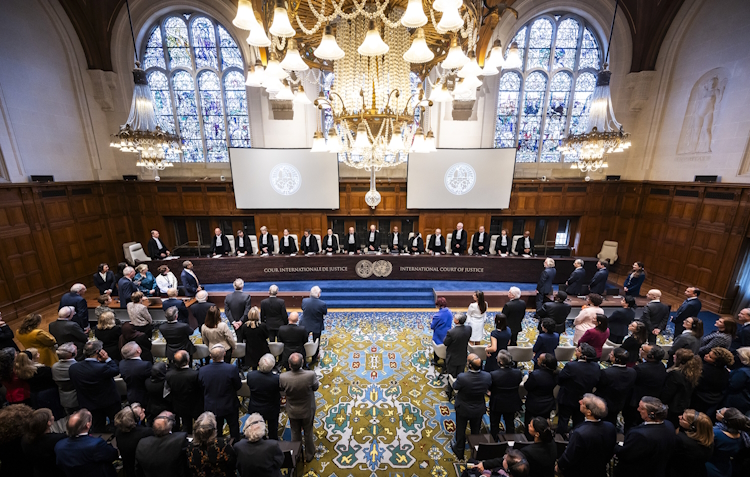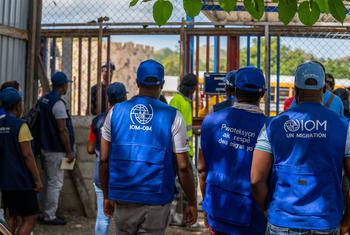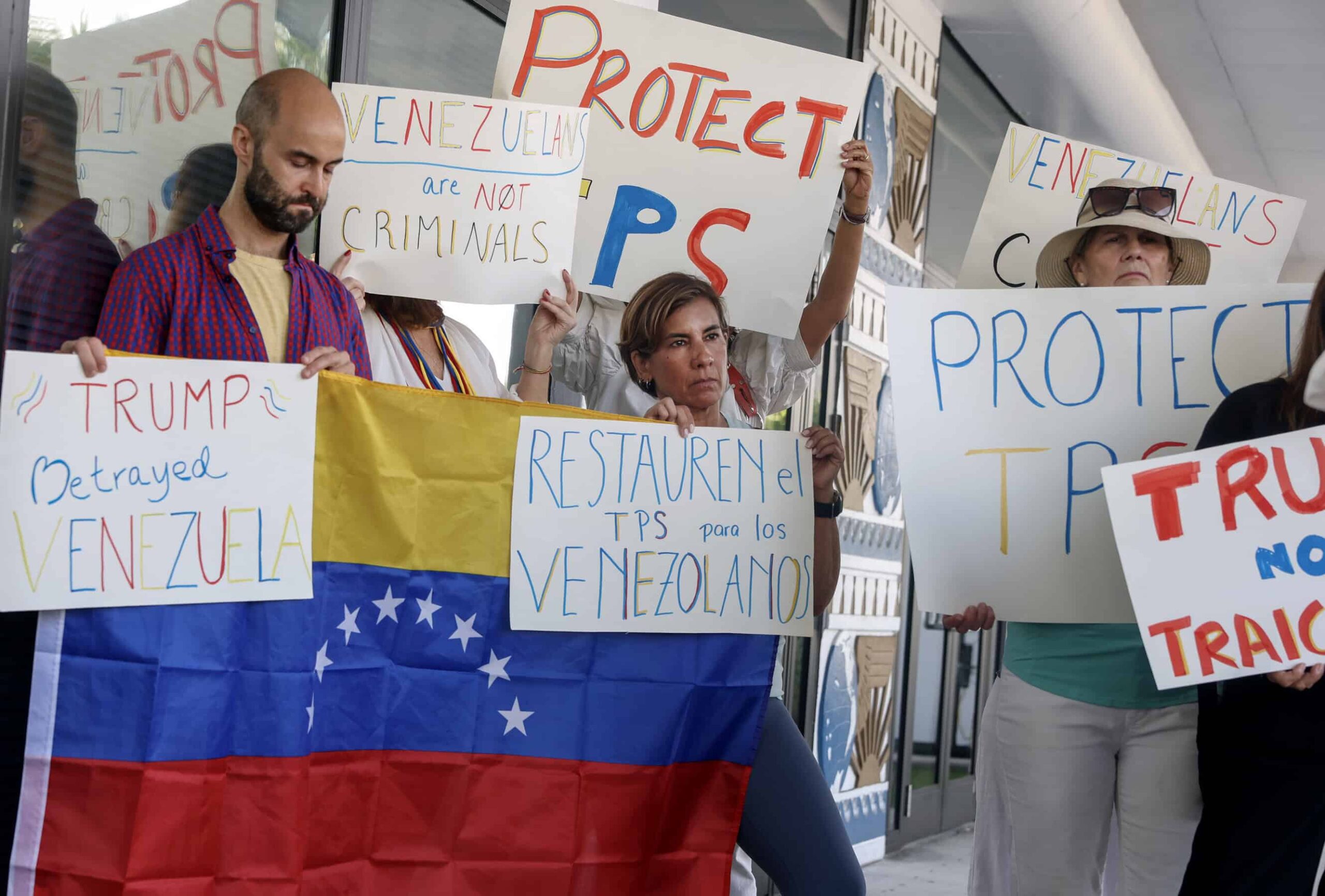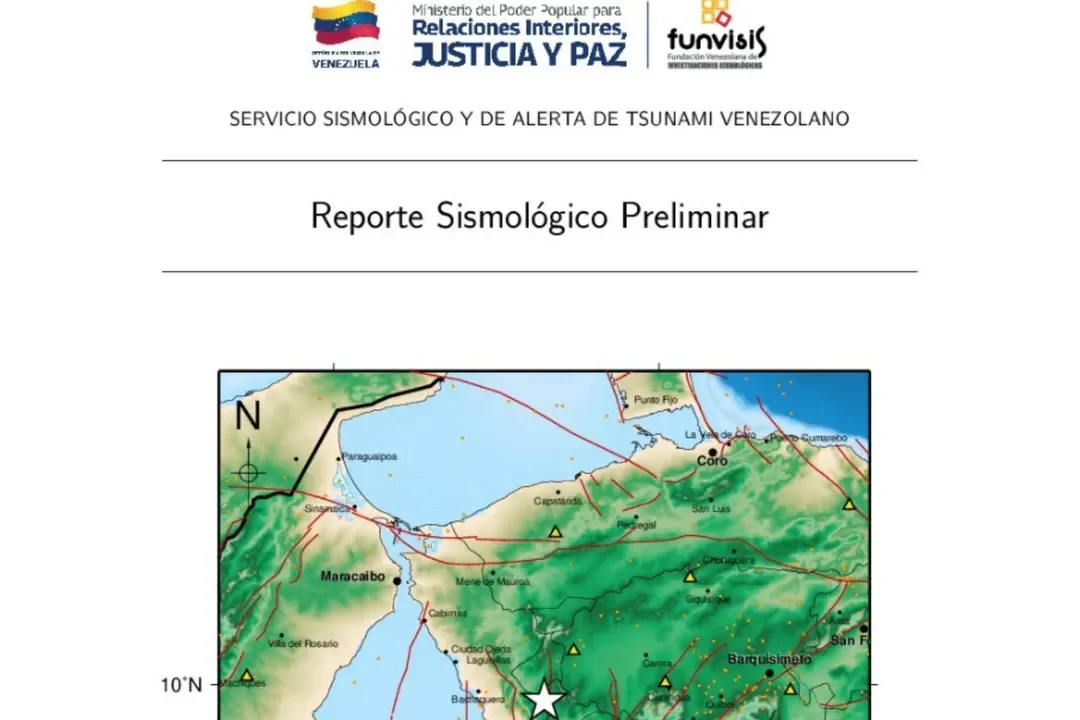Photo ICJ Media Galery
Guacamaya, July 23, 2025. The UN court has established that countries have legal responsibilities to protect the climate and ensure a healthy environment, linking climate change to fundamental human rights.
In a historic advisory opinion, the International Court of Justice (ICJ) ruled on Wednesday that failure to meet climate obligations constitutes an “internationally wrongful act” that entails legal liability and may require reparations to affected states. According to the ICJ, climate treaties create binding obligations to prevent significant harm to the climate system and protect it for the benefit of present and future generations.
Presiding Judge Iwasawa Yuji emphasized that countries party to agreements such as the UN Framework Convention on Climate Change and the Paris Agreement must “take all measures within their power” to reduce greenhouse gas emissions and promote climate adaptation. “Failure to comply with these obligations entails international responsibility and requires cessation of the wrongful conduct, guarantees of non-repetition, and, where appropriate, reparations that may include restitution, compensation, or satisfaction,” he stated.
Additionally, the Court directly linked the right to a clean, healthy, and sustainable environment to fundamental human rights—such as life, health, food, water, and housing—stressing that protecting the climate is a prerequisite for their full enjoyment.
The ruling, requested by the UN General Assembly in March 2023, called on the ICJ to clarify states’ climate obligations under international law and human rights, as well as the historical responsibility of major polluters. Over a hundred countries and international organizations participated in hearings to argue on the interdependence between climate change and human rights.
In this context, recent studies warn of Venezuela’s high vulnerability to climate change, with impacts already visible in its agriculture and food security. According to CAF data (2014), the country faces diverse climate threats due to its heterogeneous ecosystems, while research by Sisol et al. warns of declining agricultural competitiveness, resource conflicts, and the expansion of semi-arid zones. For example, projections indicate that by 2060, the super-humid climate of the Caroní River basin could degrade to humid, while dry climates may expand to cover nearly half of the territory.
A report by the Friedrich Ebert Foundation highlights Venezuela’s vulnerability to climate change and calls for moving beyond the oil-dependent model to ensure water, food, health, and energy for its population.
The climate crisis is already severely impacting fundamental human rights in Venezuela, and the state must place the issue at the center of its public policies if it wants to guarantee water, food, health, housing, and energy for its people. This is the conclusion of the study *Climate Crisis and Human Rights in Venezuela: An Approach to the Debate Between Climate Justice and Security*, authored by researcher Omar Vázquez Heredia for the Friedrich Ebert Foundation and published in January 2024.
The document warns that ecological degradation, extreme weather events, and the lack of comprehensive policies place the country as “vulnerable in all indices” to climate impacts. “In Venezuela, exposure and vulnerability are high due to its diverse geography, oil dependence, and lack of integrated policies,” the report states.
Among the key risks identified, the author notes that in 2022, 90.2% of the population had inadequate access to clean water, while agriculture—critical for food security—is highly exposed, as 94.3% of production relies on rain-fed farming, increasingly unsustainable amid droughts and rising temperatures.
The study also highlights that health and housing are compromised by epidemics, heatwaves, floods, and forced displacement, and that the energy system—heavily reliant on hydropower—is threatened by declining water levels and structural failures.
Beyond outlining the threats, the report critiques the militarized approach some international institutions apply to the climate crisis by framing it as a security issue. Citing Buxton, it argues that “framing the climate crisis as a security problem is deeply problematic” and instead proposes an approach based on climate justice and human security, prioritizing rights and equity.
The diagnosis is clear: current policies are insufficient, and a fundamental transformation is needed. Among the recommendations are ensuring water access through preservation and integrated management, promoting agroecology and resilient food systems, strengthening risk management, public health, and safe housing, and diversifying the energy matrix.
“It is imperative that the climate crisis enters the agenda, planning, and design of public policies to achieve the economic, social, and political transformations needed to ensure mitigation and adaptation,” the document concludes.
The ICJ noted that any claim for reparations depends on demonstrating a clear link between environmental harm and a state’s wrongful actions. However, it made clear that climate commitments are not optional—their fulfillment is an international legal duty with consequences for those who ignore it.







